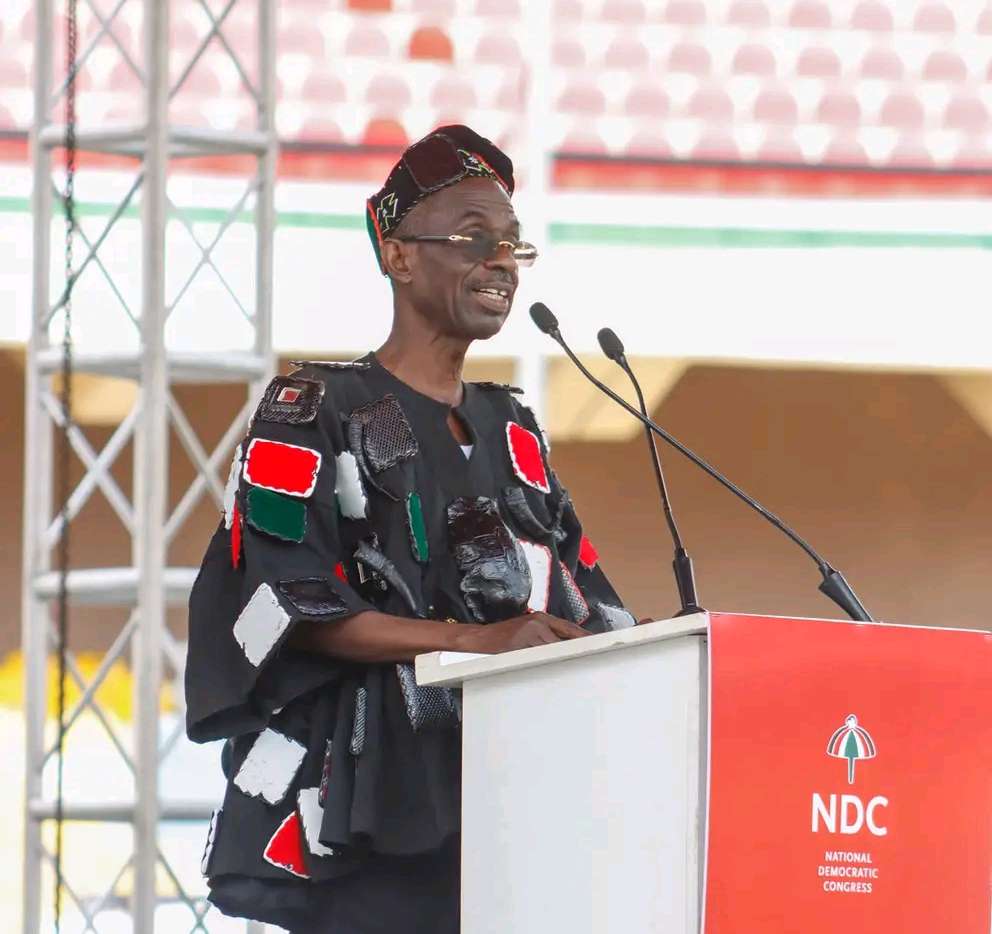In a high-stakes legal battle, Minority Leader Dr. Cassiel Ato Forson has leveled serious accusations against the judge presiding over his case involving the purchase of ambulances, alleging bias and prompting a heated courtroom confrontation.
Dr. Ato Forson, a former deputy finance minister facing charges of causing financial loss to the state in relation to the ambulance procurement, took a decisive step by filing an application for witness summons. This application followed difficulties encountered by his legal team in securing the presence of crucial witnesses, including former health minister Alex Segbefia, despite their having filed witness statements.
During the proceedings, Justice Afia Serwah Asare-Botwe, the presiding judge, questioned the necessity of the witness summons motion and cautioned Dr. Ato Forson’s lawyers about the consequences of issuing arrest warrants if the witnesses failed to appear. The defense team, led by Dr. Bassit Bamba, strongly defended their motion, emphasizing the challenges faced in securing the witnesses’ testimony.
However, weeks after the witness summons was granted, Dr. Ato Forson’s lawyers surprised the court by applying for Justice Afia Serwah Asare-Botwe to recuse herself, alleging bias based on her earlier admonishment. The defense argued that the judge’s caution not only showed bias but also unfairly portrayed their witnesses as potential criminals who would deliberately disobey a court order.
In the subsequent court session, Dr. Bassit Bamba raised a compelling argument, asserting that Justice Afia Serwah Asare-Botwe lacked jurisdiction to rule on the recusal application. He argued that her involvement in the matter could be seen as judging her own case, which goes against principles of impartiality. Citing precedence, Dr. Bamba emphasized that allegations of grave bias warranted a different judge to consider the recusal application. He further contended that the judge’s statements, particularly the notion that the case would be closed if the summoned witnesses failed to appear, infringed upon his client’s right to a fair trial as protected by article 19.
In response to the recusal application, the judge raised a crucial question, asking why the application was filed if Dr. Ato Forson’s team deemed her unfit to hear it. The defense clarified that their application for witness summons did not imply unwillingness on the part of the witnesses to testify, but rather the difficulty in reaching them.
The proceedings took a contentious turn when the judge disagreed with the defense’s account of the records, and she inquired why Dr. Ato Forson had applied for witness summons if the witnesses were indeed willing to testify. Justice Afia Serwah Asare-Botwe further questioned the effectiveness of a witness summons if the challenge was solely in reaching the witnesses.
As the courtroom drama unfolds, the fate of Dr. Ato Forson’s case hangs in the balance. The serious allegations of bias have raised concerns about the integrity of the trial, making it a closely watched legal battle with potential far-reaching implications. The public awaits the judge’s ruling on the recusal application, while legal experts analyze the impact this development may have on the proceedings moving forward.









































